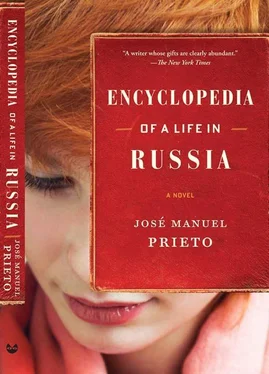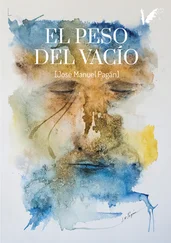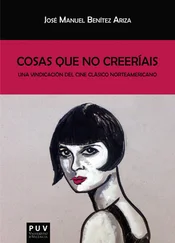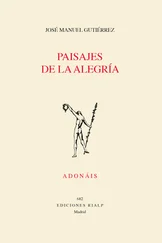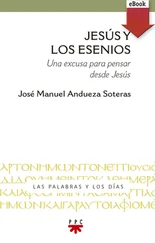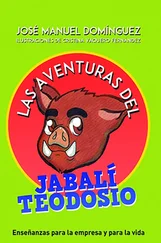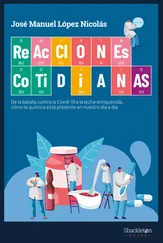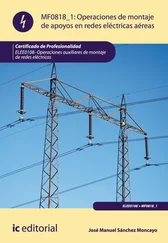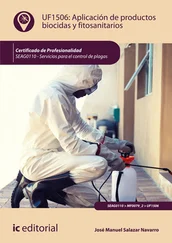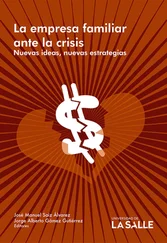And my God, she was a real talent. She made wonderful pen and ink sketches, she played the guitar magnificently, and she sang ROMANZAS with a voice of velvet (we often sang duets together). At the age of eighteen she was a paragon of many virtues, and I felt powerfully attracted, beckoned by her perfume, still intact beneath its seal.
(Ah, but between me and that seal were interposed the Protocols of the Elders of Zion, the international conspiracy, the burning bush of suspicion!)
Her parents couldn’t have been more kind. The stooped Jewish watchmaker who was her father, in fact, held an important chair at my Institute and her mother was a woman of dazzling beauty and a skilled kosher cook who imputed no religious significance whatsoever to what, in her mind, was the purely cultural rite of a family of cosmopolitan intellectuals, lovers of painting and good jazz.
“An intelligent woman with wonderful parents,” easily classifiable and without any visible problem. Except for the hair. It was so abundant she couldn’t find a way of tying it back that would keep its tendrils from escaping and she tried a thousand different styles without success. Though I never saw her in braids, which might have come undone all too easily, her hair flying in the wind once more.
The other serious problem (I’m almost forgetting) was the Gaza Strip, the Golan Heights, Tel Aviv, and, finally, the Grand Duchy of Muscovy, which was everyone’s problem. The IMPERIUM was closed, sealed off like a tin can full of food, and there was no way out, no little key glued to the bottom or even, incredible as it may seem, any dynamite to blow it up with. We were all suffering there kak sardiny v bochke (like sardines in a barrel: Russia is an immense country, “like a barrel”) and sitting at the piano her father sighed, and in the kitchen, kneading crackers without salt, her mother cursed.
Now, I — though only in half-measures, we might say — was a foreigner. Should the need arise, I could perfectly well go to the Kremlin, ask for the key, insert it into the lock, turn, and, click! рванут (vanish), with the enchanted princess wrapped up in a Persian carpet, the hair that might otherwise betray her sheared off as a precaution.
This perverse plot, hatched in the centers of international Zionism, was explained to me by my friend K**. “They’re setting a trap for you,” she warned. “Who has ever seen a Jew, of his own volition, hand his daughter over to a Gentile?”
(This is a long story, hard to tell, and sad.)
Indeed, I had received indications of an inalterably favorable disposition toward my person: prolonged discussions, the TEA grown cold, snow against the windowpanes. Rare volumes from the family library were loaned to me and during my visits the television was never switched on. I still have a pen and ink sketch of me done during one of those soirées. How can I doubt that she had fallen madly in love? The soft, amorous lines of that drawing are there to confirm it.
But why complicate things now, in memory? I had made several forays beneath SOSHA’S skirt, stretched the elastic of her panties, breathed in her fresh scent . . But though it was patently absurd, the information about the cruelty of the old Jews who had sacrificed millions of their own in Oświęcim in the deliberate aim of obtaining the territory of the State of Israel came to contaminate that scent. I thought I perceived, amid the vetiver and lavender of her white garments, other stronger aromas: that of calculation, malice, the dilated pupil glinting behind the monocle.
(Now there remains only the night of my rejection, that terrible night, the motor of this story.)
Sources: Antiquities of the Jews, Flavius Josephus.
SPITTING (see: EXPECTORATION).
STEPPE (see: ESTEPA).
SUMMA TECHNOLOGIAE. In Rotterdam, THELONIOUS visited a gaming arcade that led him to reflect on the possibility of a technological solution to karma, a mechanical portal to the state of pure pleasure. In short, the consummation of the entirely frivolous objective of human progress. To cross through the paradises imagined by Baudelaire without need of recourse to OPIUM.
This would achieve the goal of permanent well-being and crown the double helix of TECHNOLOGICAL development which, starting from the bottom, from the chill darkness of the cave, would appear in flashes that each marked the invention of a brilliant mechanical device, the blue and red nodules that sought to make our life more pleasurable: the spoon that could be used for scraping, a javelin in flight, Archimedes’s screw, Fulton’s piston . . Achievements, it had now become clear, that were decidedly useless, that did no more than pave the way for the appearance of the SUMMA TECHNOLOGIAE, the fulfillment of what the Oriental mystics called the alibi, the creation of reality by means of an image. (Within just a few seconds THELONIOUS elaborates a complex cosmogony and seeks a final form for this idea of the world as the result of a game of Virtual Reality. A universe wherein the only discernible objectives — insubstantial, frivolous —would be to pair off into couples, accumulate wealth, enjoy good health and good humor, or what amounts to the same thing: to make your way through the labyrinth, find the seven keys, rescue the enchanted princess.)
I. To Enter the Garden of Delights. For now, in this Rotterdam arcade, we have to pass through the primitive and intermediary stage of helmets and goggles. Once a high degree of miniaturization of the devices — to the molecular level — has been achieved, we will be able to introduce the minuscule generator of visions into the cerebral tissue. Then our lives will consist exclusively of the unending melodrama of the world I’ve always longed for. Our visions will take on physical consistency so that when projected before us they float “as far as the eye can see,” and as we’re about to go around a corner, we’ll know we will find another perfectly real street on the other side, with automobiles circulating and pedestrians hurrying past, which is to say that we’ll know this same tableau will rise before us and that the end of that street will move away into infinity as we move forward, like the line of the horizon. (And isn’t the line of the horizon the floating limit of a virtual field?) A game without locked doors or forbidden passageways. At the end of the staircase there will always be a room, and in it a bed, and on that bed, beneath an open window, the woman of our dreams. When, sated by these endless pleasures, we lose all notion of the falsity of this perfect world then we will never be able to leave, for we will entirely have forgotten the little doorway by which we came in.
II. To Live in the Garden of Delights. To walk naked through the Garden is to have no contact with this real world where you and I live. Therein is a paradise of vivid colors and simple forms, the pure and archetypal pleasures that in our earthly life we do no more than clumsily brush against. The concrete skin of an actual young woman is a mere imitation, an inexact copy of the cheeks of that same young woman as she exists in our thoughts. To live in the Garden is to cross over the abyss that divides these two from each other. (You, in the case of P.O.A., are not exactly the woman I desired, merely her incarnation. )
I could recognize the woman I dream of and even reproduce her in the camera obscura of my mind, which confirms my thesis. Each of us would end up elaborating his own private world and thousands of parallel worlds would come to exist, the worlds intuited by Saint Augustine. I imagine a multitude of Gods, all reclining in dark rooms and thinking of us. (THELONIOUS, RUDI, Kolia are no more than characters in a world created by me, a lone God.) And these parallel worlds cannot be reached or entered by others (the solitude of the Creator). Therefore: a) The dreams where we see alien worlds are glimpses of the nearby presence of a neighboring God; they can be explained as a result of interference with the signal.b) The multiplicity of worlds could also be explained as the tree diagram of someone who peoples his world with characters from fiction; the hair-raising and voracious Pac-Man, or the no less hair-raising bipedal models (men) who, when the moment arrives, sometimes generate other worlds, and so on into infinity. (All we can do is imagine the original form of that Creator of ours: either bipedal—“in the image and likeness”—or without any point of resemblance to his creations, the nebulous divinity of an unimaginable anteworld.)c) In that latter case, we are, to him, creatures as horrible as the sanguinary entities who tirelessly pursue us through Pac-Man’s virtual labyrinths.
Читать дальше
